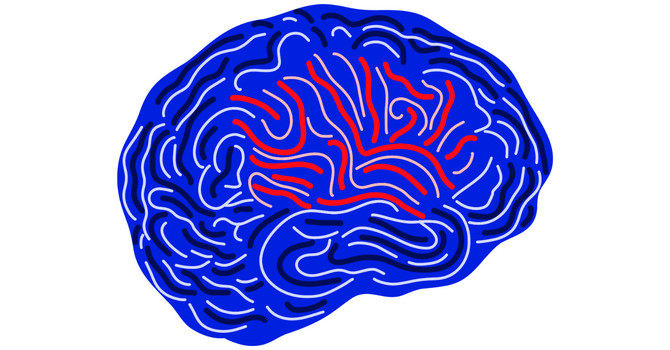
Caregivers give so much to others, but often at the expense of their own health. Whether you’re caring for a child with special needs, an aging parent, or a loved one with a chronic illness, the emotional and physical toll can be overwhelming.
What Happens to the Nervous System in Burnout?
When you're constantly in a state of high alert, your sympathetic nervous system (fight-or-flight mode) remains activated for long periods. This leads to:
Chronic stress and elevated cortisol levels
Increased inflammation in the body
Brain fog and fatigue
Weakened immune system
Signs of Nervous System Dysregulation in Caregivers:
- Trouble sleeping, despite exhaustion
- Feeling emotionally numb or overly reactive
- Physical symptoms like headaches, body aches, and digestive issues
- Increased anxiety or feelings of hopelessness
Refilling Your Cup: Supporting Your Nervous System
1. Activate Your Vagus Nerve – Practices like deep breathing, BrainTap, vagus nerve stimulation, and gentle movement help shift your nervous system into a parasympathetic (rest and repair) state.
2. Regulate Your Sleep – Prioritize sleep hygiene to allow your nervous system to recover.
3. Use PEMF & Red Light Therapy – These therapies help reduce inflammation and stress.
4. Prioritize Nutrition & Hydration – Blood sugar swings make burnout worse. Regular, nourishing meals help stabilize energy.
5. Ask for Help – No one can do it alone. Whether it’s support from friends or professional care, don’t wait until you’ve hit rock bottom.
Taking care of yourself isn’t selfish—it’s necessary. When you regulate your nervous system, you show up as the best version of yourself for those who need you.

Waldo Amadeo
Contact Me



